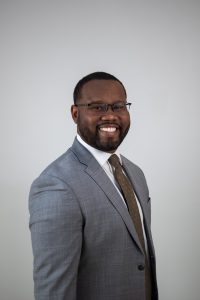
Dallas Employment Trial Lawyer Harjeen Zibari
Sprinkles Cupcakes, the once-ubiquitous gourmet bakery chain famous for its colorful storefronts and viral cupcake ATMs abruptly closed all of its retail locations and vending machines nationwide as of December 31, 2025, ending a 20-year run that began in Beverly Hills in 2005. The company’s founder, Candace Nelson, confirmed the shutdown in a TikTok post, describing the moment as “surreal” and not how she envisioned the brand’s legacy after selling it to private equity in 2012. With more than 20 storefronts across several states and numerous airport and mall ATMs, the sudden disappearance of Sprinkles shocked both longtime customers and employees alike.
I was a loyal Sprinkles customer myself. I went to college in Richardson, Texas, which is not known for its nightlife. But all-nighters were way more exciting when my friends and I would barrel up 75 to grab a cupcake at 4 AM from the Sprinkles ATM, which sang a ridiculous song at an even more ridiculous volume that had us sleep-deprived college kids in tears at its absurdity. I had a birthday just weeks after the onset of the covid-19 pandemic that sent us all into our homes and locked away from each other, and a vending machine cupcake seemed like the safest option to blow a candle out onto. When I graduated law school a few weeks later, again, I commemorated the occasion with a pastel-pink strawberry cupcake that my cat Rosie ate a quarter of when my back was turned. Those were huge cupcakes too. She’s a fluffy cat.

 Dallas Employment Lawyer Blog
Dallas Employment Lawyer Blog








